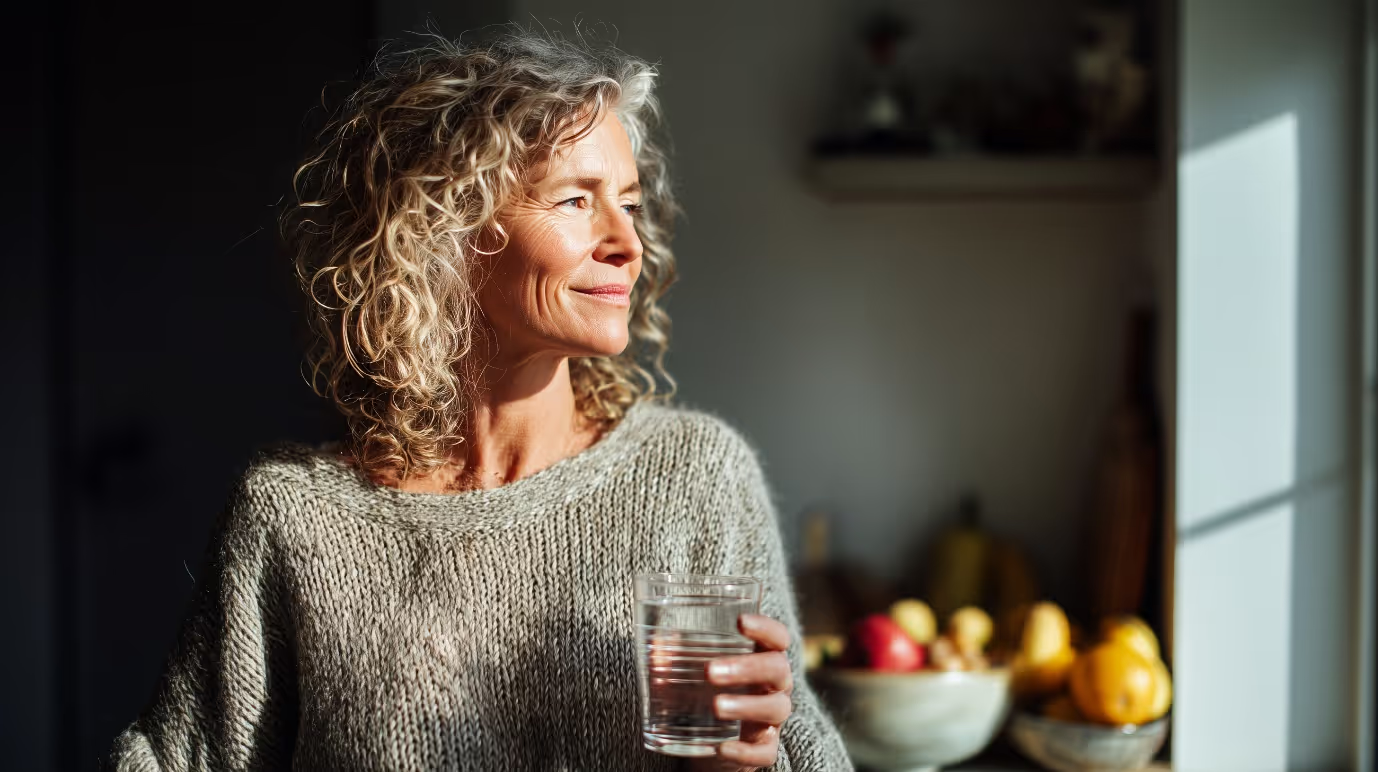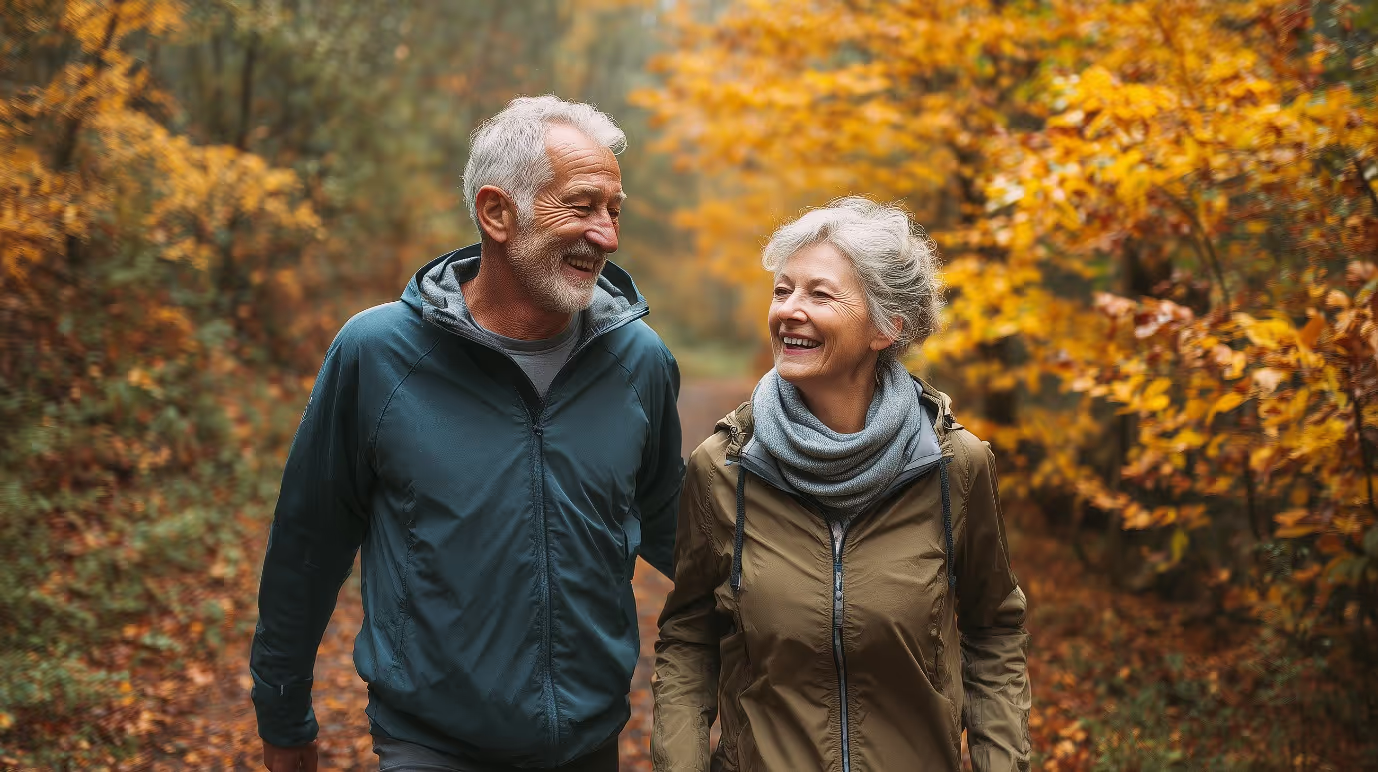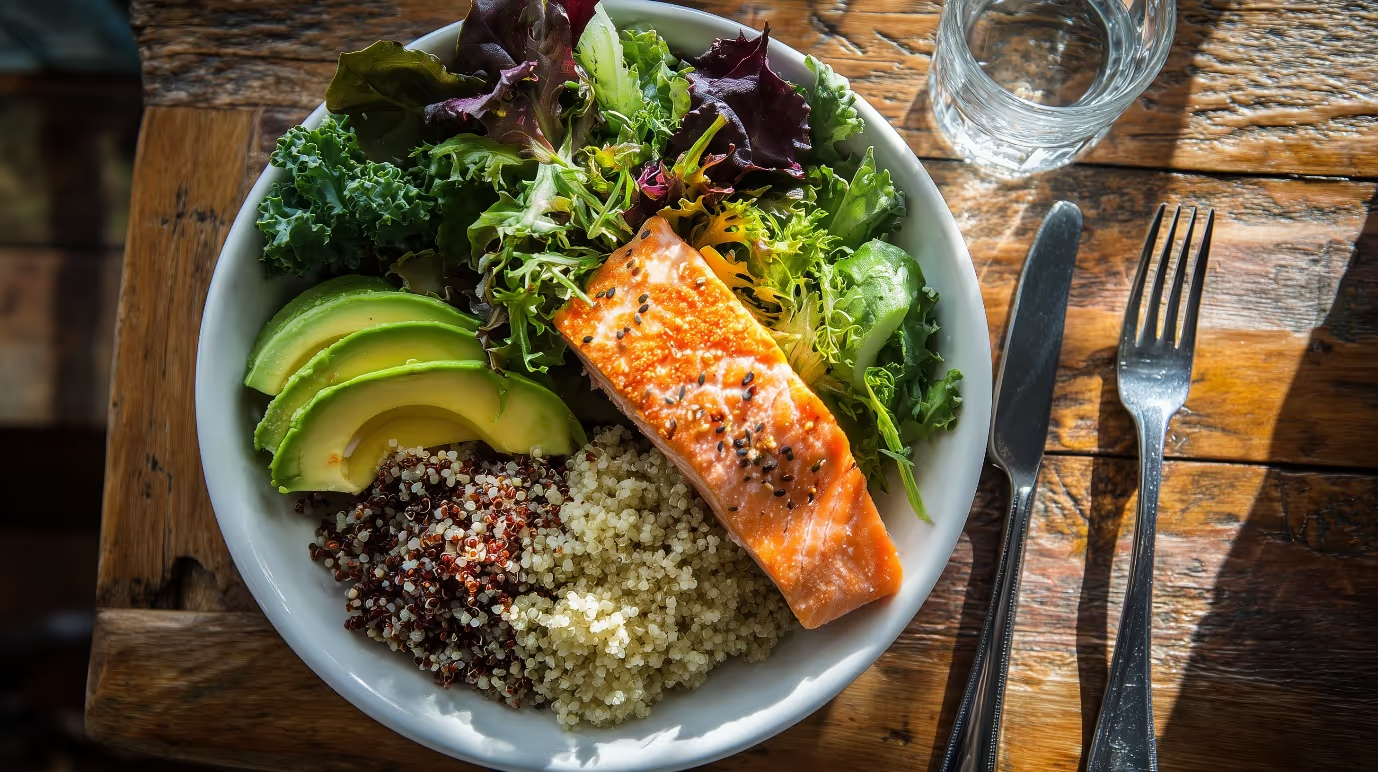
Ageing is a natural part of life, but how we age can vary greatly. The aging process is a natural series of changes that occur with age, affecting the body and health. While genetics play a role, science shows that lifestyle choices have a powerful influence on how well we live as the years pass. Healthy ageing isn’t just about adding more years to life — it’s about adding more life to those years.
In this guide, we’ll explore the healthiest way to age, the five pillars of healthy ageing, and scientific secrets to longevity, backed by research from organisations such as the National Institute on Ageing and the American Heart Association.
What Does Healthy Aging Really Look Like?
The healthiest way to age involves a combination of maintaining your physical health, supporting your cognitive health, and nurturing your emotional wellbeing. It’s about keeping your body, mind, and mood in balance. These practices are especially important for older people to maintain their health and quality of life.
This means:
What Are the 5 Pillars of Healthy Ageing?

While different researchers highlight different aspects, most agree on these five pillars as the foundation for staying healthy as you age.
1. Physical Activity
Engaging in daily exercise is critical. This includes:
Researchers found that people who move more regularly tend to maintain better mobility, stronger bones, and higher energy levels as they grow older.
2. Nutrition and a Healthy Diet
A diet rich in nutrients supports bone mass, heart function, and the immune system. The American Heart Association recommends:
Vitamins, minerals, and other supplements can help if you have deficiencies, but food should be the primary source of nutrition.
3. Cognitive Engagement
Keeping your mind engaged is essential to reducing the risk of cognitive decline and memory loss.
This can include:
4. Emotional Wellbeing
Your mindset affects your health more than you might think. A positive outlook can help reduce chronic stress, which in turn supports your immune system, heart health, and overall quality of life.
Ways to boost emotional wellbeing:
5. Preventive Healthcare
Regular check-ups allow early detection of health issues such as heart disease, diabetes, and kidney diseases.
Preventive care can include:

While we can’t stop the clock, we can slow the ageing process through consistent healthy habits. Here are practical steps backed by science:
Signs you’re ageing well include:
Regular self-assessments, along with doctor visits, can help track your progress.
Here’s a quick list that combines lifestyle and mindset:
Research from multiple organisations, including the National Council and various systematic reviews, highlights that healthy ageing is multifaceted. It’s not just one habit but the combination of many that matters.
For example:
Researchers found that people who combine physical activity, healthy eating, social engagement, and stress management live longer, healthier lives.
As you grow older, muscles, bones, and joints require special care.
Your Bones, Joints, and Muscles
Strength, Balance, and Stretching
The Role of the Heart and Circulation
Healthy blood flow is crucial.
Supporting the Immune System
A strong immune system defends against infections and chronic diseases.
Brain Function and Cognitive Health
Lifestyle Choices That Affect Healthy Ageing

Getting enough quality sleep is essential for healthy ageing. The National Institute on Aging recommends that older adults aim for 7–9 hours of sleep each night to help the body repair and rejuvenate. Poor sleep or chronic sleep deprivation can lead to a range of health issues, including digestive and kidney diseases, high blood pressure, and a weakened immune system. Sleep is also closely linked to cognitive health, helping to maintain memory, focus, and mood.
Social Connections and Ageing
Strong social connections are a cornerstone of healthy ageing. Older adults who maintain close relationships with friends, family, and their community tend to experience better physical and mental health. Social isolation and loneliness, on the other hand, can increase the risk of chronic diseases such as heart disease, diabetes, and cognitive decline.
Healthy Ageing Tips for Everyday Life
Emotional health directly impacts physical health. For example:
Regular Physical Activity Examples
Technology offers valuable support for older adults seeking to stay healthy and connected. The National Council on Aging encourages the use of digital tools to access health tips, manage chronic diseases, and stay in touch with healthcare providers. From video calls with family to online support groups and mobile health apps, technology can help older adults monitor health issues like diabetes and high blood pressure, track medications, and receive timely health advice.
Being prepared for emergencies is especially important for older adults, who may face greater risks during natural disasters, power outages, or other unexpected events. The National Institute on Aging recommends assembling an emergency kit with essential items such as medications, water, and non-perishable food. It’s also important to have a clear plan, including a list of emergency contacts, a backup power source, and an evacuation or shelter strategy.
The future of healthy ageing is focused on empowering older adults to maintain physical and cognitive health, reduce the risk of chronic diseases, and enjoy a high quality of life. The National Institutes of Health recommend regular physical activity—such as walking, tai chi, or balance exercises—to help maintain strength, flexibility, and balance, reducing the risk of falls and supporting overall physical health.
A healthy diet rich in fruits, vegetables, and whole grains is also key to maintaining a healthy weight, lowering cholesterol, and minimizing the risk of chronic diseases. Researchers found that adopting a positive outlook, quitting smoking, and limiting alcohol intake can further contribute to healthy ageing.
Ageing is inevitable, but how you experience it is largely in your control. By focusing on physical health, cognitive engagement, and emotional wellbeing, you can enjoy a longer, healthier, and more vibrant life. Remember — it’s not about just living longer, it’s about living better.
This information is provided for general purposes only and does not replace personalised medical advice. Always consult a qualified healthcare professional before making changes to your diet, exercise routine, or lifestyle, especially if you have existing health conditions.
Join The Hub community. Subscribe today and receive a monthly email with our newest blogs and articles on health, wellness, and nutrition to keep you informed and inspired.
By signing up you agree to our User Agreement and Privacy Policy & Cookie Statement

By accessing, browsing, or using this website (the “www.newimage.world/thehub”), you acknowledge and agree to the terms of this Disclaimer. The Website, including its blogs, podcasts, videos, and any other content (collectively, the “Content”), is operated by New Image™ International (“the Company,” “we,” “our,” or “us”).
All Content made available on this Website is provided strictly for general informational and educational purposes only. The Content does not constitute, and should not be relied upon as, medical advice, diagnosis, treatment, prescription, or professional health consultation of any kind.
The Company makes no representations or warranties regarding the accuracy, completeness, reliability, or timeliness of the Content. The Content may include information collected from external or third-party sources, and we do not independently verify such information. Accordingly, no nutritional, health, or wellness claims are endorsed, warranted, or guaranteed by the Company.
To the fullest extent permitted by applicable law:
Your use of the Website does not establish any doctor–patient, nutritionist–client, or other professional relationship between you and the Company or any of its representatives.
The Website may include references, links, or access to third-party websites, podcasts, or resources. The Company does not control, endorse, or assume any responsibility for such third-party content and shall not be held liable for any damages arising from your use of or reliance on it.
By clicking “Accept” on the Website’s pop-up disclaimer, you expressly acknowledge that you have read, understood, and agreed to be bound by this Disclaimer. Your continued use of the Website constitutes ongoing acceptance of these terms. If you no longer agree with this Disclaimer, you must immediately discontinue use of the Website.
Join The Hub community. Subscribe today and receive a monthly email with our newest blogs and articles on health, wellness, and nutrition to keep you informed and inspired.
By signing up you agree to our User Agreement and Privacy Policy & Cookie Statement
